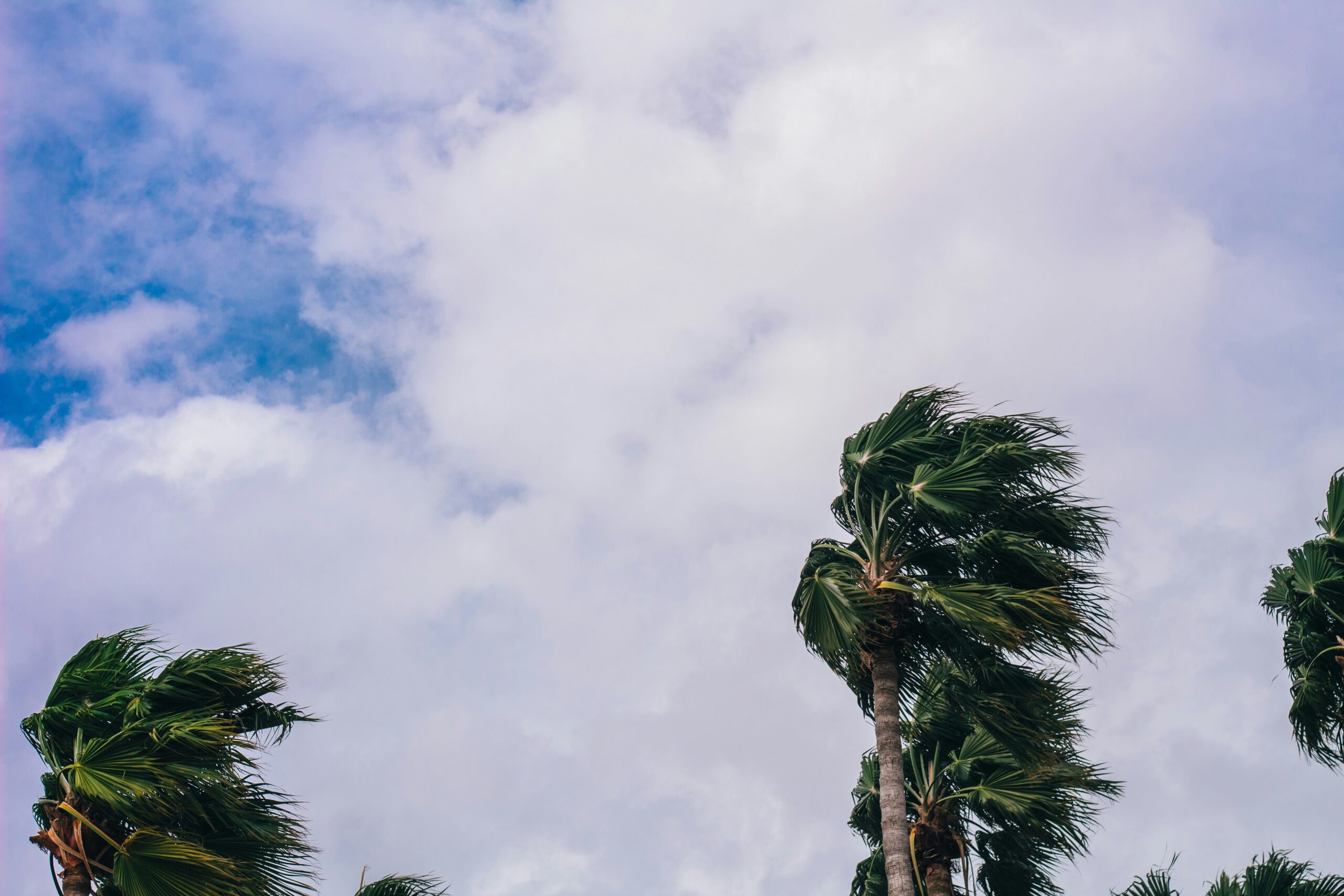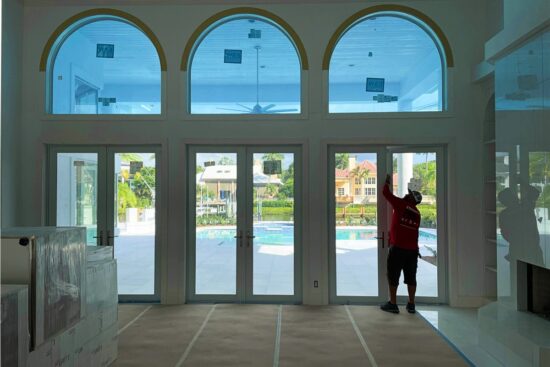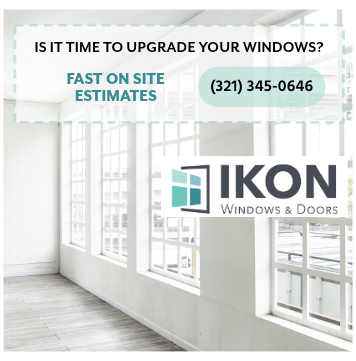
Florida, known for its sun-soaked beaches and vibrant ecosystems, is equally infamous for its extreme weather events.
From hurricanes and tropical storms to heavy rain and intense heat, the state’s climate poses significant risks to homes and properties.
One of the most effective defenses against these threats is the installation of impact windows. These specialized windows not only enhance home safety but also provide energy efficiency and protection against the elements.
In this article, we’ll explore the importance of impact windows in Florida, their construction, benefits, and the crucial considerations for homeowners.
Understanding Florida’s Extreme Weather
Florida’s geographic location makes it susceptible to severe weather conditions, particularly hurricanes. The Atlantic hurricane season runs from June 1 to November 30, with the peak usually occurring in August and September.
Historical data shows that Florida is directly hit by hurricanes more often than any other state in the U.S. Additionally, during the summer months, Floridians endure intense heat and heavy rain, often leading to flooding.
As climate change continues to alter weather patterns, these extreme conditions are expected to become more frequent and severe.
What Are Impact Windows?
Impact windows, also known as hurricane windows or storm-proof windows, are specially designed to withstand the high winds and flying debris associated with hurricanes and severe storms.
Unlike traditional windows, impact windows consist of two layers of glass with a layer of interlayer (typically made from polyvinyl butyral) between them.
This construction provides several key features:
- Heavy-Duty Glass: The outer layer of impact windows is made from thick, laminated glass that can resist shattering, preventing breakage during storms.
- Wind Resistance: Impact windows are engineered to withstand both high winds and pressure changes that occur during storms.
- Debris Protection: The strong interlayer holds the glass together even if it is broken, preventing shards from flying into the home and causing injury or damage.
- Energy Efficiency: Many impact windows have energy-efficient properties, such as low-emissivity (Low-E) glass, which helps regulate indoor temperatures and reduce energy costs.
Benefits of Impact Windows in Florida
- Safety and Security
The primary benefit of impact windows is the enhanced safety they provide. By preventing glass from shattering during severe weather conditions, impact windows minimize the risk of debris injury. They also deter burglars, providing an additional security layer, as they are much harder to break compared to standard windows.
- Insurance Premium Reductions
Many insurance companies offer discounts on homeowners’ insurance premiums for homes equipped with impact windows. These windows reduce the risk of storm-related damages, making homes less costly to insure.
- Energy Efficiency
Impact windows can significantly improve a home’s energy efficiency. Their insulated design minimizes heat transfer, thereby regulating indoor temperatures and reducing reliance on heating and cooling systems. This can lead to lower energy bills, especially in a state that experiences high temperatures for much of the year.
- UV Protection
The interlayer in impact windows blocks up to 99% of harmful ultraviolet (UV) rays, which helps protect furnishings, flooring, and artwork from fading. This feature is particularly important in sun-drenched Florida, where UV exposure can cause significant damage over time.
- Noise Reduction
Impact windows can also help reduce outside noise, creating a quieter indoor environment. This is particularly beneficial for homes near busy streets or coastal areas where wind and waves can create a constant sound backdrop.
Key Considerations for Homeowners
While the benefits of impact windows are numerous, homeowners must consider several factors before making the investment.
Cost
Impact windows typically have a higher upfront cost than traditional windows. It’s essential to evaluate this investment by factoring in potential insurance savings, energy savings, and long-term durability.
Installation
Proper installation is crucial for achieving the performance benefits of impact windows. Homeowners should rely on licensed contractors experienced in hurricane-resistant products to ensure windows are correctly installed according to local building codes.
Local Building Codes and Regulations
Florida has strict building codes designed to protect against extreme weather impacts. Homeowners should verify that their selected impact windows meet local standards and regulations. Working with licensed professionals can ensure compliance with these codes.
Maintenance
While impact windows are designed for durability, regular maintenance is still required to ensure they perform optimally. Homeowners should inspect and clean their windows to remove dirt and debris, check seals, and ensure that operable windows function smoothly.





